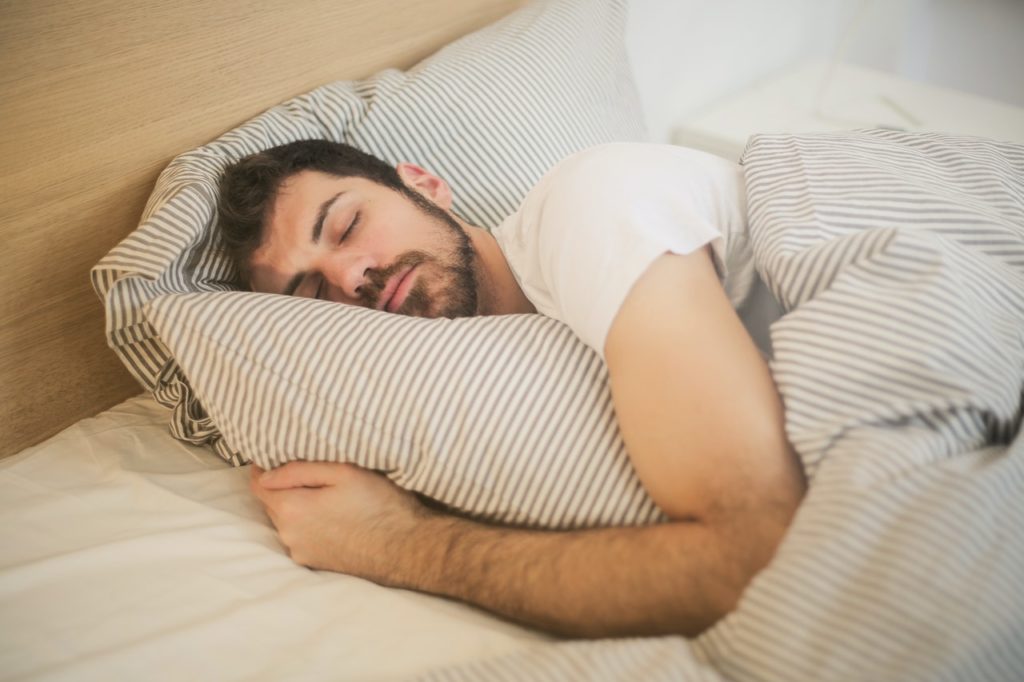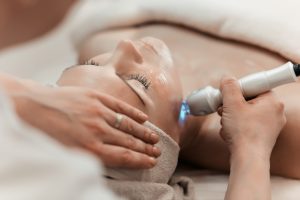COVID-19 has made a lot of things about life more difficult. Aside from affecting literally every aspect of our lives, it has also made it harder for us to get some sleep. “Coronasomnia,” stress-induced insomnia caused by the pandemic, is currently plaguing the nation. Thirty-six percent of people report having sleeping problems due to anxiety and stress from the pandemic. This survey also showed that it is mainly young adults and women that feel the pandemic has caused adverse effects on their mental health.
Other studies have also shown that as of March 2020, the number of prescriptions filled for anti-insomnia medication increased by 21%. It’s clear to see that the pandemic has affected our well-being quite negatively. If you find yourself having trouble sleeping these days, here is some advice on how you can sleep better during these times:
Stick to a schedule.
One of the main reasons our body clock is disrupted is because our everyday routine has also been disrupted. A great way to get our body clock back to normal is by setting a new routine. Set a time to wake up and go to bed. Make it a habit to shower and get dressed every day, even if you aren’t going out. Eat your meals at specific times. Give yourself time for exercise and time for rest.
Exercise before anything else.
Getting your heart rate up throughout the day can help you fall asleep easier at night. But don’t work out right before bed. Working out right before bed can actually cause you to have more trouble falling asleep. The best time to work out is in the morning before you start working.
Let some natural light in.
Light plays a huge role in controlling our circadian rhythm. Whether it be natural light or artificial light, it affects how we sleep. We want to expose ourselves to natural light so that our bodies become in sync with the sunrise and sunset. There is a scientific explanation for this. When our bodies are exposed to light, it halts the production of a hormone called melatonin. Melatonin is the hormone that helps us fall asleep. When it’s dark, that’s when our brain is signaled to start creating melatonin.
Limit gadget use before bed.
Our previous discussion about light is closely related to why we shouldn’t use our gadgets before bed. Our gadgets emit a specific kind of light called blue light. Different colors of light result in different effects. Blue light is the most detrimental to our circadian rhythm and health. According to experts, blue light suppresses melatonin much more than any other color of light.
Compared to green light exposure, blue light was shown to suppress melatonin and shift our circadian rhythms twice as much as the green light. Make it a habit to put down your gadgets before bed. Instead of scrolling through your phone at night, create a different nighttime routine. You could try aromatherapy by using a diffuser and some essential oils. That is also said to help calm the mind and help us get better sleep.
Get a better mattress.
You probably don’t think your mattress has any effect on your sleep, but it does. A study comparing the effects of different types of mattresses ranging from soft to custom inflated showed that medium-firm mattresses were the best option for better sleep. If your mattress is already six to eight years old, it’s time for you to replace it.
You might think that spending a few extra dollars on a mattress isn’t worth it. But a good mattress is tied to good sleep, and good sleep is also tied to good health. Spending a little more on an excellent mattress that’ll be better for your health is definitely worth it.
Do not work on your bed.
Because most of us are working from home, we find it more comfortable to work on our beds. But we shouldn’t make this a habit as it can make it hard for us to fall asleep. You might think it’s not a big deal, but when we work on our beds, we start associating work with our bed. You should find a separate place to work, even if it is just a desk beside your bed. That way, you can still associate your bed with rest, and it’ll help you fall asleep easier at night.
Drink caffeine only in the morning.
Caffeine has different effects on everybody. But you should make it a rule to drink caffeine only in the morning. If you drink caffeine in the afternoon, you might have trouble falling asleep at night. So as much as possible, try to avoid drinking caffeine at any other time of the day but morning.
Don’t watch the news early in the morning or before bed.
If watching the news is giving you anxiety and stress, avoid watching it before bed or very early in the morning when you wake up. There is no reason you should be fueling your anxiety that early or late in the day. Turn off any news notifications on your phone.

Try to avoid napping in the middle of the day.
Napping isn’t entirely a bad thing. But you should learn to schedule your naps throughout the day so that you can still fall asleep at night. You should also try to limit your naps for at least 15 to 30 minutes. Longer naps can only make you feel more tired.
The pandemic is certainly something difficult to experience. A lot of us want nothing more than for things to go back to normal. Unfortunately, it might take a while for things to go back to normal. But following the advice mentioned above can help give your life some normalcy and even help you sleep better.






